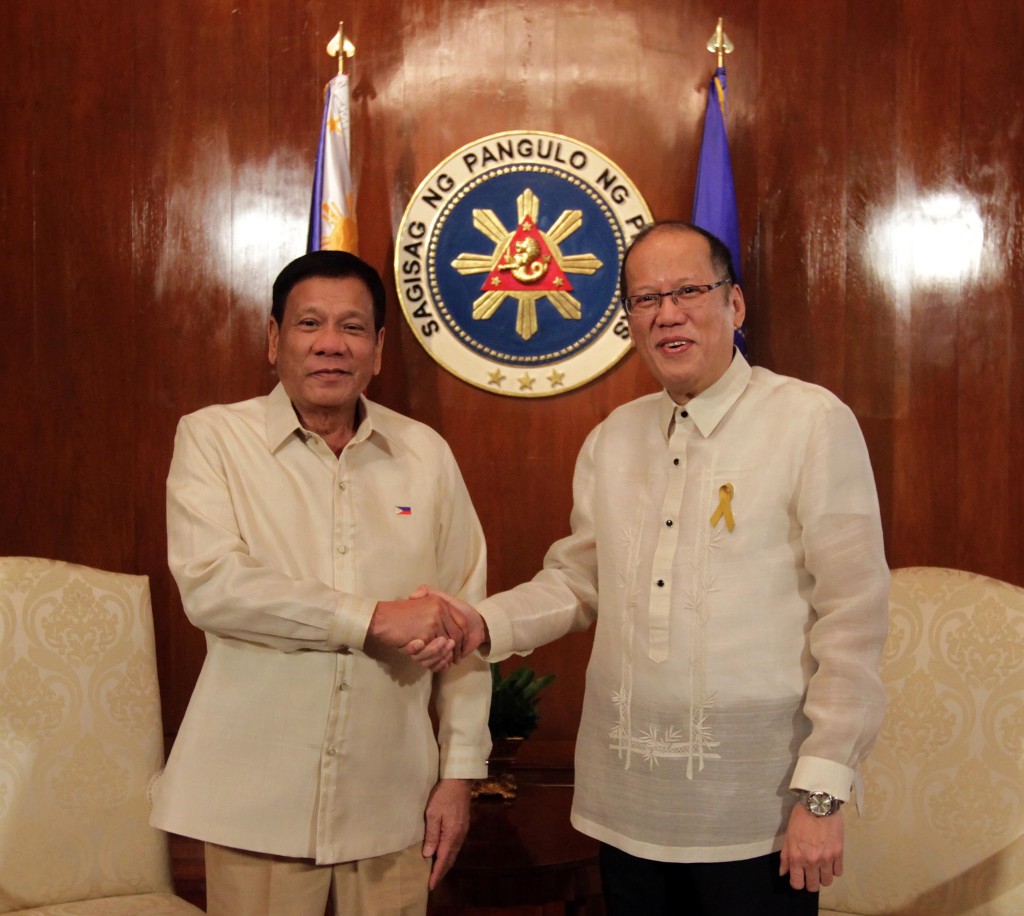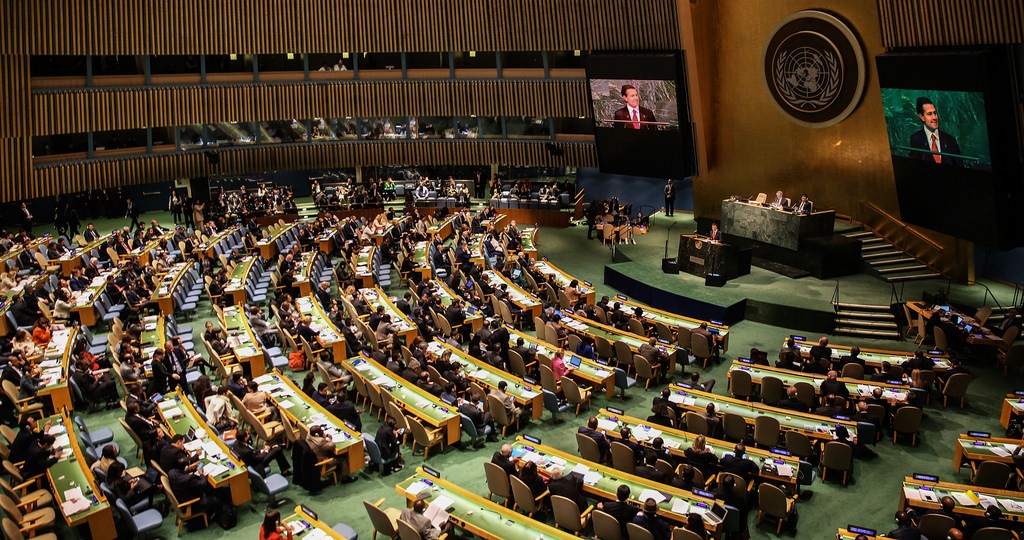A new frontline has opened in the war on drugs: The Philippines. Since May, when new President Rodrigo Duterte won the country’s general election, more than 700 suspected drug users and dealers have been executed by police and vigilantes, and 60,000 users have given themselves up to the authorities.
The killings come after President Duterte vowed to wipe out all crime within months of his inauguration, and called for drug users to be “put behind bars…or below ground.” Nicknamed “The Punisher,” Duterte has repeatedly urged law enforcement agencies, the public at large and even the Communist-led New People’s Army (NPA) to kill people suspected of dealing or trafficking drugs, as well as people who use drugs.
The result has been devastating. Men and women have been gunned down in the streets, left gagged and bound in pools of their own blood, with crudely drawn signs left at the scenes declaring them “pushers.” These executions have occurred without any kind of trial, often by masked men on motorcycles, acting only on hearsay. The rule of law has disintegrated, and hundreds have died as result. Many more are sure to follow.
The international response has been one of muted outrage, but little action. Now, a group of over 300 NGOs from around the world have penned open letters to the heads of the UN’s two major drug control agencies – the United Nations Office on Drugs and Crime (UNODC) and the International Narcotics Control Board (INCB) – the agencies responsible for global drug control. They have so far been notable only by their continued silence and refusal to officially condemn the killings, urging them to speak out and to take action.
The authors of the letter call on the UNODC and INCB to,
“urgently take action to condemn the extrajudicial killing of people suspected of using or dealing drugs in the Philippines, and to call for an immediate halt to these killings.”
“Instead of ensuring the protection and rights of people who use drugs,” the letters state, “including the right to health and provision of voluntary, evidence-based drug treatment and harm reduction services, President Duterte has called for them to be killed. Instead of ensuring the rights of people suspected of committing drug-related crimes to due process and to a fair trial, the President has called for them to be executed on the spot.”
The silence from the UN is deafening, but should come as no surprise. After all, this is the very organisation from which the global war on drugs originates. Their refusal to commit to genuine reform despite all of the evidence, and their dogmatic support for the status quo, even when given the perfect opportunity to deliver meaningful change earlier this year at the UN General Assembly Special Session on Drugs (UNGASS) in New York, amounts to a tacit approval of the bloodshed and violence erupting in the Philippines.
This latest dark chapter in the history of prohibition is no accident. It is the inevitable consequence of waging a war on drugs, and the ultimate embodiment of what that war really is: a war on people. When you wage war, people die, and if you support that war, you have no right to be outraged at the death and destruction it causes. If and when the UNODC and INCB condemn the killings being carried out in their names, they will be guilty of gross hypocrisy, for their very existence is predicated on a war that will inevitably lead to just these kinds of atrocities.
Just as decades of anti-scientific rhetoric and the systematic defunding of education have given rise to Donald Trump in the USA, so too has the UN’s fear-mongering and refusal to accept defeat in their quest for a drug-free world come home to roost in the form of Rodrigo Duterte- the ultimate drug warrior. Simply asking drug control agencies to condemn him will not undo the damage that has been done. Nor will it stop the carnage. For that to happen governments will have to act, not only to halt the war raging on the streets of Manila, but to bring an end to the whole notion of ‘drug control agencies’ and the war on drugs in its entirety.
Until that happens, the cycle of violence and death will continue, backed as it is by drug conventions which – whilst ostensibly advocating human rights – form the backbone of a global prohibition that is anything but humane.
NGOs, civil society groups, and even some governments have been loudly advocating for change for years. Some UN agencies have even joined in the chorus on occasion. But the drug conventions remain unchanged, and expecting condemnation from the agencies tasked with upholding them to make any difference in the long run is naive in the extreme.
Back in April I reported from UNGASS, and the conclusions I drew there have only been reinforced by the events that have happened since, particularly in the Philippines. Back then I said that the UN was becoming irrelevant, that in order to see real change we needed to shift our focus to the local level. To national governments, even local police forces. This is more apparent now than ever. Agencies such as the UNODC and INCB have shown themselves to be impotent in the face of grassroots change, just as they are in the face of the inevitable consequences of the drug conventions they hold so dear. Change can be achieved, but it must happen from the bottom up. It will come slowly, and far too late for the innocent men and women slain in the streets of the Philippines and all over the world in the name of prohibition, but it will come. We just have to start fighting for it. After all, this is a war.
Deej Sullivan is a journalist and campaigner. He regularly writes on drug policy for politics.co.uk, London Real, and many others, and is the Policy & Communications officer at Law Enforcement Against Prohibition UK. Tweets @sullivandeej


